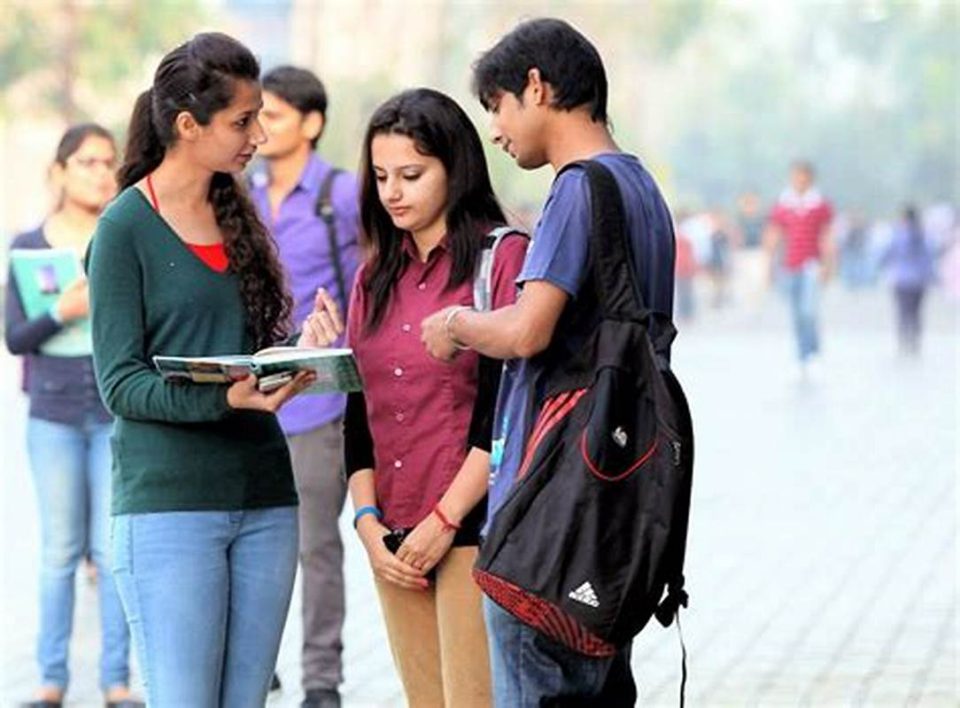In a controversial move, the BJP-led Shinde government in Maharashtra, through the Maharashtra State Council for Educational Research and Training (SCERT), has proposed lowering the passing marks for mathematics and science in Class 10 from 35 to 20 under the newly drafted State Curriculum Framework-School Education (SCF-SE). While intended to reduce academic stress, the proposal has sparked a debate among educators, parents, and political analysts, especially given its timing ahead of the upcoming elections.
The Rationale Behind the Proposal
This policy aims to tackle the long-standing issue of high dropout rates and academic stress among students struggling with mathematics and science, subjects that have traditionally been challenging for many. According to the SCERT, the plan offers students a choice: those who score between 20 and 35 can either pass with a remark on their certificate or retake the exam to score above 35 and avoid any notation. For students not pursuing further education in science or mathematics, this decision could provide an easier route through Class 10 without impacting their eligibility for higher studies in non-scientific fields.
Several educators have voiced support, noting the benefits for students whose future career plans lie outside math-intensive fields. Many students who aim to study arts or humanities face undue pressure to perform well in math, which they may not use in their careers. A teacher from a municipal school highlighted that students frequently question why they need to excel in subjects they do not plan to pursue, seeing this proposal as a “relief” for such students.
Key Concerns and Potential Consequences
However, the proposal raises significant concerns regarding academic integrity and standards. Here are some of the primary critiques:
- Lowered Academic Standards: By reducing the passing mark threshold, the government risks creating a culture of diminished academic rigor. Some educators and parents worry that this may set a precedent, eroding students’ resilience to face academic challenges and, over time, impacting the quality of education.
- Limitations for Future Academic Pursuits: Students who pass with the adjusted marks will carry a remark on their certificates, potentially limiting their options for higher education in science or technology fields. This could create a barrier for students who may later decide to explore these fields but lack the foundational knowledge to proceed.
- Impact on High-Achieving Students: For students who excel in these subjects, the reduced standards may be demotivating. Such students might feel that their efforts to achieve high scores are undervalued, potentially impacting their enthusiasm and work ethic in other subjects.
- Political Timing and Motivation: With elections approaching, there is speculation that the timing of this proposal may be a calculated move to attract parental and student support by addressing concerns about academic stress. While addressing student well-being is undoubtedly valuable, critics argue that such policies should prioritize academic integrity and balanced reform over short-term electoral gains.
- Potential Long-Term Skill Deficiencies: Basic mathematical and scientific skills are essential for daily problem-solving, logical thinking, and informed decision-making. Reducing emphasis on these subjects could hinder the development of these critical skills, affecting students beyond their academic lives.
Academic and Public Response
The proposal has divided educators, parents, and the public. Many teachers have responded positively, seeing it as an opportunity to ease the burden of stress for students. “Students who dislike mathematics often feel burdened by it, and this change allows them to focus on subjects they enjoy and wish to pursue,” commented a teacher from a BMC school. However, some educators argue that rather than lowering standards, the government should consider alternative support structures, such as remedial classes or curriculum modifications, to help students develop their math and science abilities.
Ultimately, the proposal by the Shinde government is a complex and contentious one, intersecting with issues of education reform, student well-being, and political strategy. As it moves closer to finalization, it will be important to observe how the policy evolves, especially with implications for students’ educational futures and Maharashtra’s overall academic standards.

